Which brand of RAM is better?
When it comes to increasing your computer’s performance, one of the most important factors to consider is the specific type and brand of RAM you choose. Random Access Memory (RAM) is a vital component that has a significant impact on the efficiency of your system, affecting many aspects such as multitasking and gaming performance. Given the abundance of brands in the market, it can be difficult to determine which brand offers the most profitable return on investment. This tutorial will explore the essential elements to consider when comparing different RAM brands, allowing you to make an informed decision for your system update.
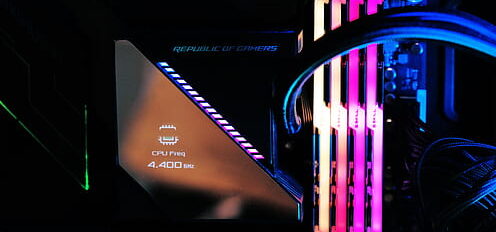
Understanding Different RAM Brands:
When choosing the appropriate RAM for your system, it is important to understand the different competitors present in the market and the benefits they offer. Here’s an in-depth look at some of the major producers of RAM:
Corsair:
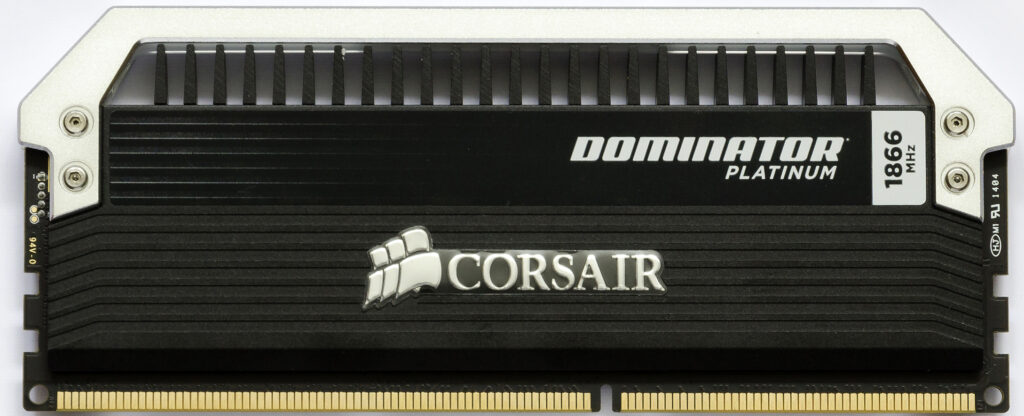
Corsair is a well-known name in the world of PC gaming, offering a variety of top RAM modules designed for gamers and enthusiasts. Corsair’s memory modules are renowned for their dependability and overclockability. They often feature attractive designs and RGB lighting options, making them popular among gamers who value both looks and speed.
Kingston:

Kingston has built a strong reputation in the memory industry over the years, serving a wide range of customers, from regular users to corporate customers. Their memory modules are renowned for being compatible, reliable, and cost-effective. Kingston offers a wide range of RAM options, from basic modules for everyday tasks to high-performance versions for gaming and business use.
G.Skill:
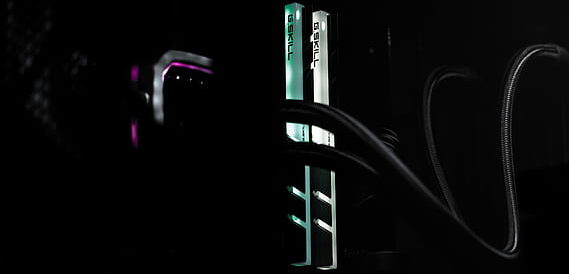
G.Skill has established a solid presence in the enthusiast PC market, especially with overclockers and gamers looking for high-performance products. Their memory modules often feature bold heatsink designs and high-speed profiles, pushing the boundaries of performance for challenging applications. G.SKILL’s memory kits are a popular choice for gaming rigs and high-performance workstations.
Crucial:
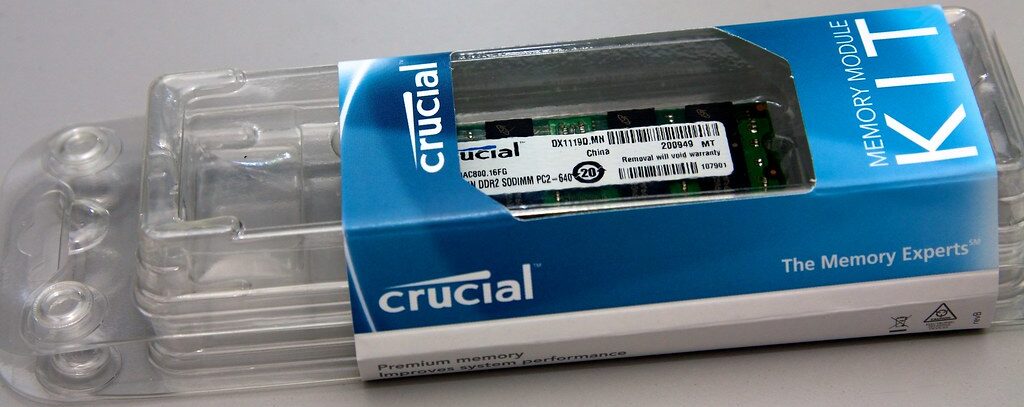
Crucial, a subsidiary of Micron Technology, excels in creating reliable and cost-effective memory solutions for a variety of computing needs. Known for their stability, compatibility and value proposition, their memory modules are a popular choice for budget-conscious users and businesses. Crucial’s memory products generally strike a good balance between performance and affordability, making them attractive to a wide range of users.
Each of these brands has different strengths and qualities, catering to certain segments of the market. Getting a comprehensive understanding of the features, efficiency levels, and customer support provided by each brand can help you make an informed decision when choosing RAM for your system. Whether you prefer overclockability, dependability, or price, there is a RAM manufacturer available that meets your individual needs.
Performance Metrics:
Undoubtedly, performance is an important factor when evaluating different RAM brands. This analysis examines the effects of parameters like speed, latency, and dependability on your system’s performance, as well as how different brands handle these factors.
Speed:
RAM speed, specified in megahertz (MHz), reflects the rate at which data can be retrieved and transmitted. Using higher-speed RAM modules can increase system responsiveness and improve multitasking, especially for demanding tasks like gaming and content creation. Brands like Corsair and G.SKILL are highly regarded for their fast RAM modules, often offering speed options from 3000 MHz to 5000 MHz and even higher. Gamers and power users who demand the best performance from their systems especially love these modules.
Latency:
Latency, usually quantified in nanosecond (ns) or CL (CAS latency) time, is the time delay between a data request and its delivery. Low-latency RAM modules can increase system responsiveness and reduce lag, especially in jobs that require frequent data access. Brands like Corsair and G.SKILL often focus on high-speed modules, but they also offer options with competitive delay times to guarantee the best possible performance. In contrast, companies like Kingston and Crucial may prefer to provide reliable, cost-effective options with little increased latency while providing exceptional performance for routine computing activities.
Reliability:
Reliability in RAM is extremely important, as system stability and data integrity depend on the consistent performance of the memory in different settings. Brands like Corsair, G.SKILL, Kingston, and Crucial attach great importance to the reliability of their memory modules. They implement thorough testing and quality control procedures to guarantee consistent performance and durability. Although premium brands may offer additional features like extended warranties and robust heatsink designs to enhance thermal management, budget-friendly options from Kingston and Crucial still provide dependable performance for most consumer needs.
To summarize, different RAM brands are designed to meet different performance requirements and economic constraints. Corsair and G.SKILL are renowned for their exceptional offering of high-speed modules specifically designed for gaming and power users. Kingston and Crucial, on the other hand, are known for providing stable and cost-effective options that are suitable for regular computing duties. To ensure optimal performance and reliability for your system, it is important to consider your personal performance goals and financial limitations when selecting a RAM brand and module.
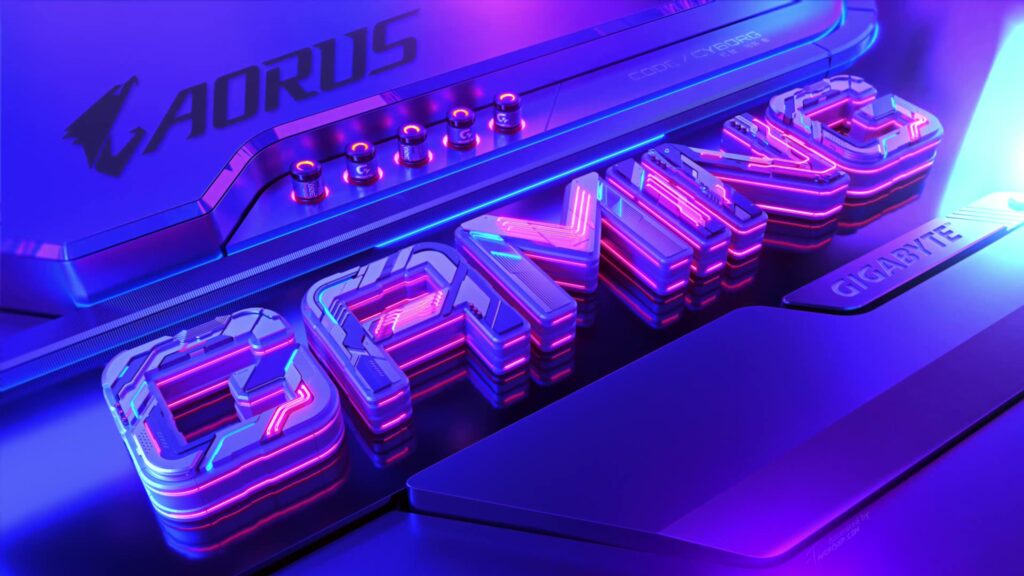
Compatibility and Support:
Remember compatibility and customer support when choosing RAM for your machine. Consider why these factors are important and how different companies handle them:
Compatibility:
Avoid instability, crashes, and hardware damage by selecting RAM that is compatible with your system. DDR4 and DDR5 RAM modules are the industry standard, although motherboard requirements and chipset compatibility can create complications. To mitigate this risk, you need to verify the motherboard and RAM compatibility lists. Test setup and motherboard and chipset compatibility are usually included in these listings. Consult consumer reviews and forums for real-world compatibility experiences to help you decide.
Customer Service and Warranty:
Responsive customer support and strong warranty policies can resolve compatibility difficulties and other issues. Choosing a business with great customer support guarantees prompt assistance and troubleshooting advice. The comprehensive warranty covers any issues and offers replacement or refund while offering a sensible warranty. Check the RAM brands’ technical support channels, customer response times, and the length and scope of the warranty. Manufacturers like Corsair, Kingston, G.SKILL and Crucial are known for their customer service and warranty services.
Prioritizing compatibility and choosing companies with quick customer service and strong warranty policies can help you upgrade your system’s RAM without any hassle. RAM from reputable companies focused on customer satisfaction gives you peace of mind and improves system dependability and performance.
Price vs. Performance:
Although pricing is important when purchasing RAM, it should not be the only concern. Why price-performance balance is important:
Cheap Options:
Budget RAM modules may look attractive, but they may degrade performance or dependability. Cheaper modules may employ lower-quality components or may not undergo as much testing and quality control. Because of this, they may have compatibility, stability, or premature failure difficulties. Basic computer users or those on a budget can still get good performance for daily work with these solutions.
premium brand:
However, premium RAM brands usually cost more but perform better, last longer and are more reliable. To ensure the quality of RAM modules, these manufacturers use high-quality components, innovative production technologies, and extensive testing. Premium RAM modules deliver high performance, compatibility and dependability, making them suitable for gamers, enthusiasts and professionals who expect the most from their systems.
Finding Balance:
When buying RAM, you have to balance price and performance based on your needs and budget. Consider your computing demands, system usage, and upgrade budget. It’s tempting to choose the cheapest option, but investing in a known brand or high-quality module can increase performance, dependability, and lifespan.
Ultimately, the price of RAM is important, but performance, dependability, and brand reputation are also important. By balancing price and performance based on your demands and budget, you can get the best value for your money and enjoy a smooth, hassle-free computing experience.
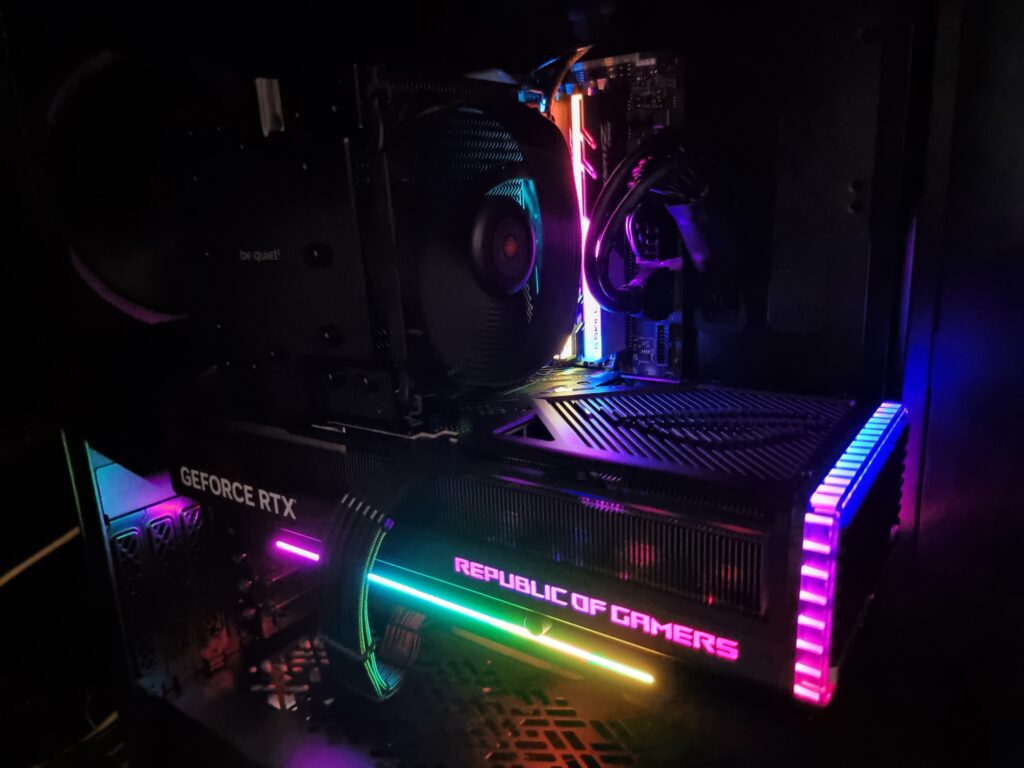
Reputation and Reviews:
A brand’s reputation and user feedback are important to assess the quality of a RAM product. Why they matter and how to use them:
Technical Community Reputation:
A brand’s reputation in the tech community says a lot about the quality and dependability of the product. Consumers trust established companies that have consistently produced high-quality RAM modules. Online communities, forums and debates can reveal a brand’s reputation, customer satisfaction and dependability. Brands with favorable feedback and a significant tech community presence are often committed to quality and consumer happiness.
Reviews and Feedback: Customers
User ratings and opinions on RAM modules reveal their performance, reliability, and compatibility. For complete RAM brand and model comparisons, Reddit, forums, and tech review websites are great resources. Positive and negative reviews can provide a proper understanding of the advantages and disadvantages of each product. Prioritize long-term feedback from RAM users to assess its longevity and performance.
Time-dependent durability and performance:
Users who have used RAM for a long time can provide valuable input on its longevity and performance. Reviews should include stability, dependability, and long-term difficulties. See how the RAM performs under different workloads and circumstances to determine whether it is suitable for your needs. Real-world experiences and long-term user feedback can help you buy RAM that matches your performance and reliability requirements.
RAM product evaluation should include the brand’s technical community reputation and consumer feedback. You can make better system upgrade selections by studying and using these resources to learn about the quality, dependability, and performance of RAM brands and models.
Table of Contents
Related Posts-
“Who owns Ryzen?”
“Is Gigabyte a Chinese company?”
“Is Gigabyte a Chinese company?”